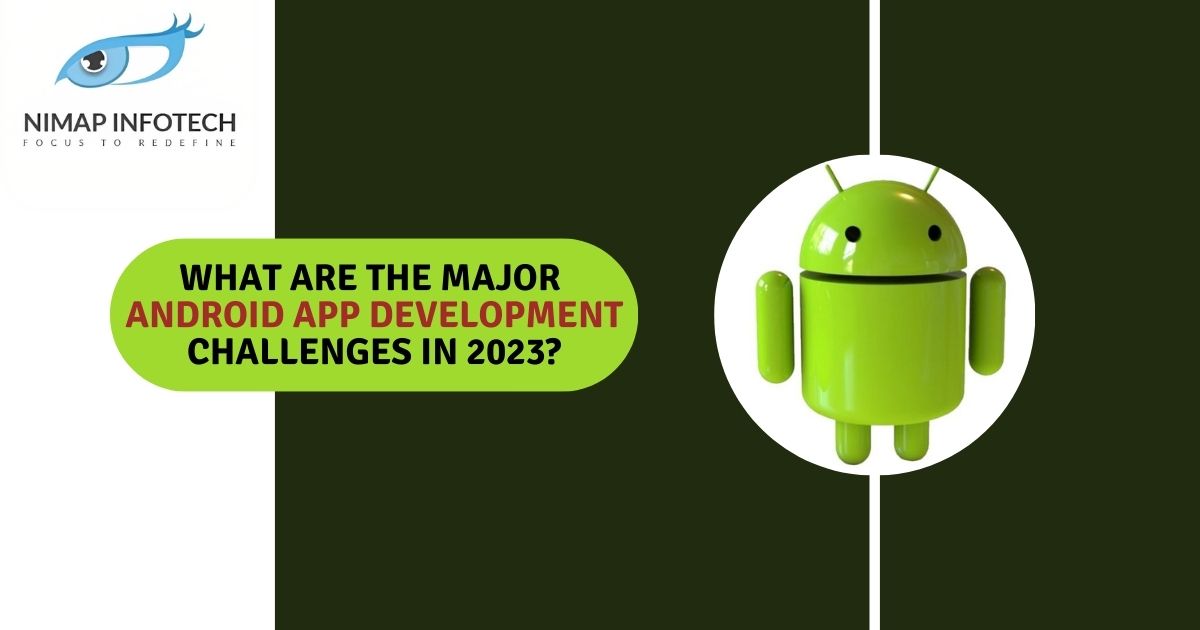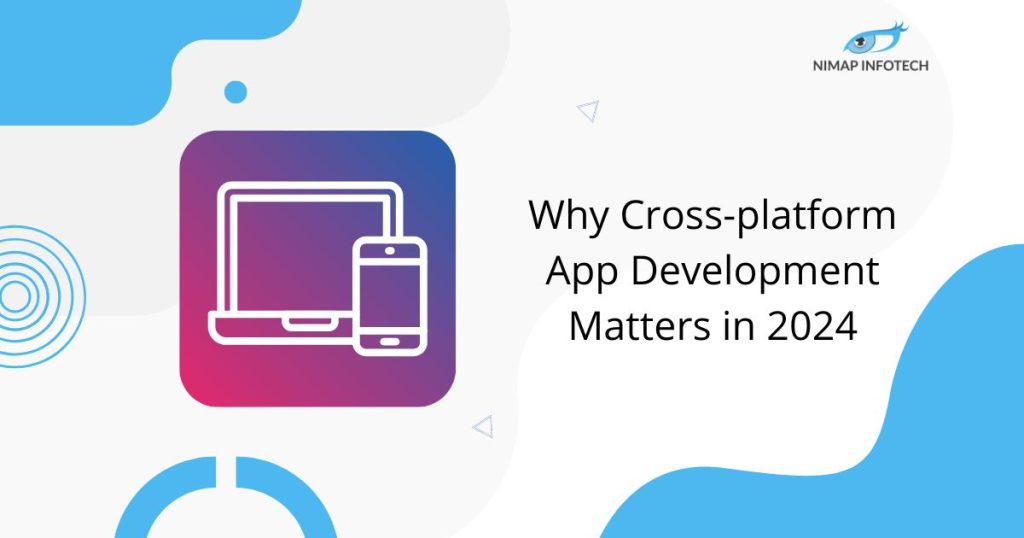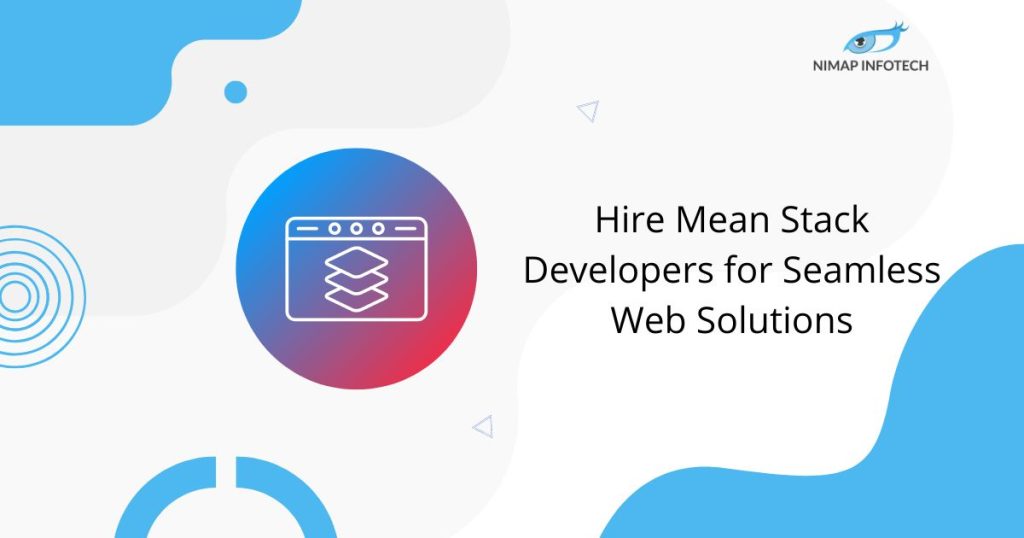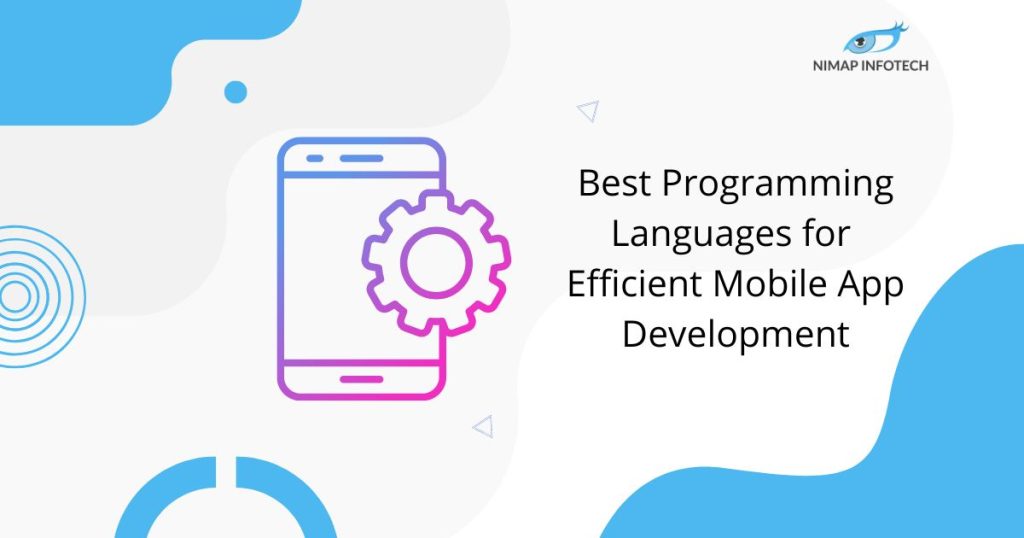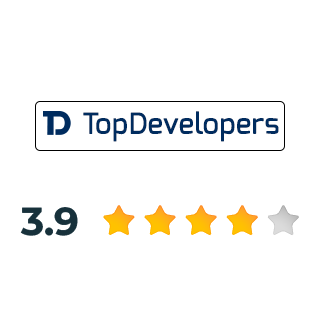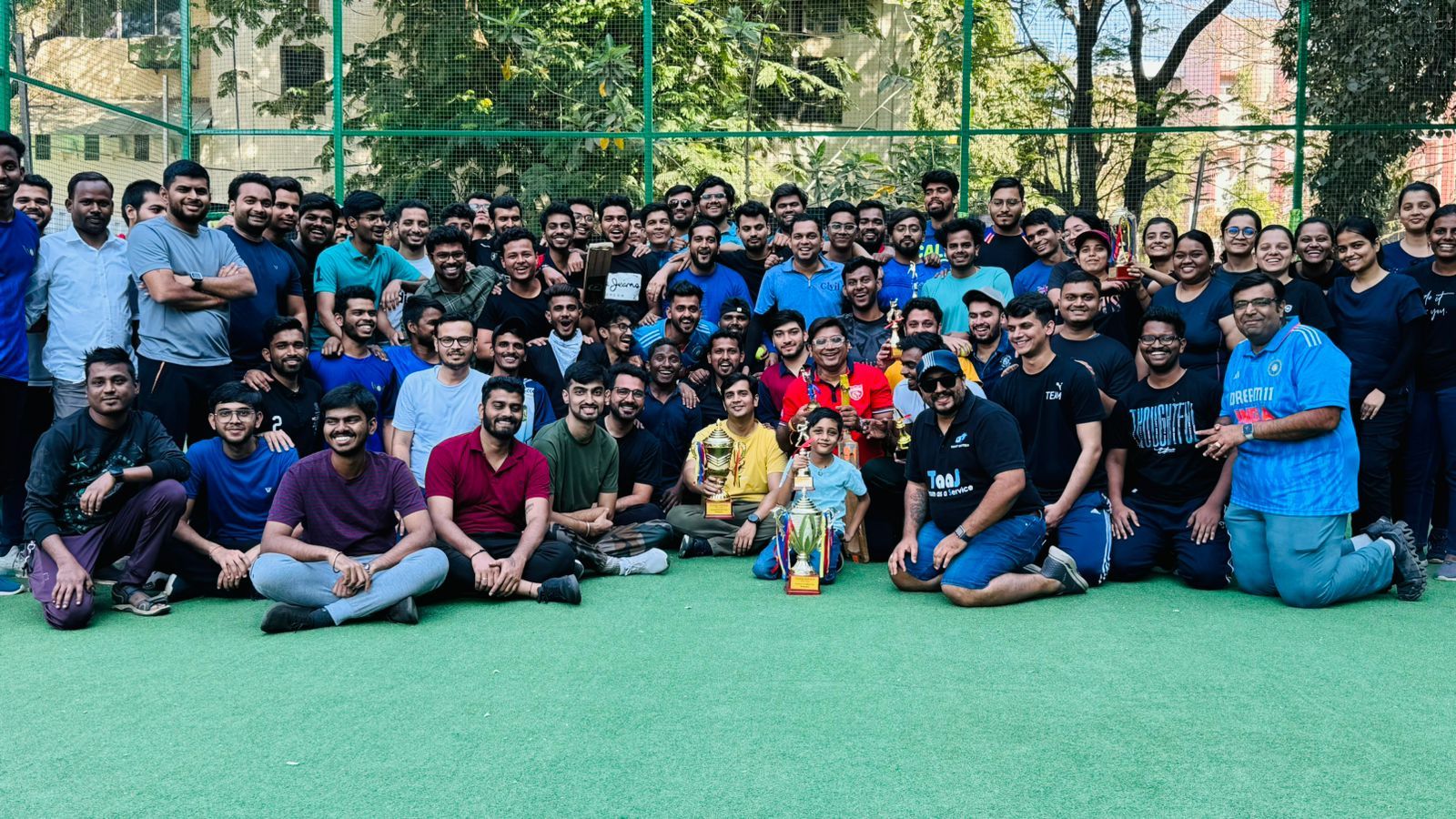High-quality Android app development does, however, provide its share of difficulties. Developers frequently deal with a variety of challenges, from assuring compatibility with a wide range of devices to enhancing performance and managing security issues.
In this blog article, we’ll examine some of the most typical difficulties encountered when creating Android apps and talk about solutions.
Android The Leading OS Platform:
One of the most popular and significant OS systems is the Android platform. The Android platform has been used to develop a variety of applications for top-tier industries. The major factor is how simple it is to use Android apps. Additionally, the vast majority of apps are created on the Android platform. Android’s open-source OS and modifications are another factor. It implies that anyone may alter the characteristics of the OS. With the advent of the app, customers may now access their chosen services when at home or anywhere else.
It allows them to easily download the app for the different services and communicate with them from anywhere they choose. However, the development of the app is now the next and most crucial element. Although it appears to be a simple job, it is not.
Also Read: Importance Of Android App Development For Business
Major Android App Development Challenges:
1. Fragmentation:
The fragmentation of the Android platform is one of the most difficult challenges to app development. Unlike iOS, which only supports a limited number of devices and operating system versions, Android supports a wide range of devices with varying screen sizes, resolutions, and operating system versions. It might be difficult to create an app that works perfectly on all Android devices.
Solution:
- Conduct extensive market research to discover the most popular devices and OS versions among your target audience.
- Make use of responsive design principles to guarantee that your app adapts to various screen sizes and resolutions.
- To test your app on a variety of devices, utilize technologies like Android Virtual Devices (AVDs) and cloud-based testing services.
- Update your app on a regular basis to support new Android versions and deprecate obsolete functionality.
2. Performance Optimization:
It is critical to optimize app speed in order to ensure a seamless user experience. However, memory leaks, poor resource utilization, and slow pace network connections frequently cause performance concerns in Android apps.
Solution:
- Use efficient coding practices such as employing proper data structures, optimizing algorithms, and minimizing memory leaks.
- Use performance profiling tools like Android Profiler and DDMS to find and fix performance bottlenecks.
- Reduce the number of network queries by compressing data and adding caching methods.
- Test your app thoroughly, including load testing, to verify it works effectively in a variety of circumstances.
3. UI Design:
Developing an attractive and user-friendly user interface is critical to the success of any Android app. Designing UIs that perform effectively across numerous screen sizes and resolutions, on the other hand, might require time and effort.
Solution:
- To achieve consistency and familiarity, adhere to Android’s UI design standards.
- Use responsive layout methods like Constraint Layout to develop adaptable user interfaces that adapt to different screen sizes.
- To identify and fix any UI issues, test your app across a variety of platforms..
- Use user input and regular usability testing to enhance the UI of your app.
4. Security:
It’s essential to have strong security measures in place because Android apps often handle sensitive consumer data. However, malicious attacks against Android are common, which poses a significant security problem for developers.
Solution:
- Encrypt critical data during transmission as well as storage.
- Use secure authentication methods such as OAuth or biometric authentication.
- Update libraries and dependencies on a regular basis to fix security flaws.
- To safeguard your app’s source code, use code obfuscation and other security approaches.
- Conduct frequent security audits and penetration testing to discover and correct any flaws.
5. Memory Management:
Because Android devices have limited memory, ineffective memory management can result in app crashes and poor performance.
Solution:
- Memory profiling tools, such as Android Profiler, can be used to detect memory leaks and excessive utilization.
- Keep enormous volumes of data out of memory. To load data effectively, use strategies like lazy loading and pagination.
- Use suitable compression methods and caching mechanisms to optimize image and resource management.
6. App Compatibility:
It can be difficult to ensure app compatibility across multiple Android versions, screen sizes, and hardware configurations, which might lead to compatibility difficulties.
Solution:
- Conduct extensive testing on a variety of devices, operating systems, and settings.
- To support previous versions of the operating system, use Android’s backward compatibility support libraries.
- Update your app on a regular basis to take advantage of new features and optimizations in newer Android versions.
7. Testing and Debugging:
Thorough testing and good debugging are required to assure the quality of an Android app. Testing on different devices, as well as detecting and correcting flaws, may be time-consuming and difficult.
Solution:
- Implement a solid testing plan that includes unit, integration, and user interface testing.
- To speed up the testing process, use automated testing frameworks such as Espresso or Robolectric.
- To discover and address app issues, use crash reporting technologies such as Firebase Crashlytics.
- Encourage user input and think about developing a beta testing program to get real-world data.
Read More: Mobile App Development Team: (Structure, Hiring Models, Cost)
When developing an app, developers face several difficulties ranging from security to visibility. When you seek out specialists, they have a plethora of answers and solutions. Nimap Infotech is one of them; being one of the best Android app development companies, our team of in-house professional developers overcomes any problems in creating powerful apps. You can hire Android developers from us and create the best customised application for your business.
An app must be fit and sophisticated to compete in the app market. When you have a detailed vision for your brand, we make sure to give it a clear shape by satisfying all of your requirements. With us, developing an Android app is easier than you may imagine.
